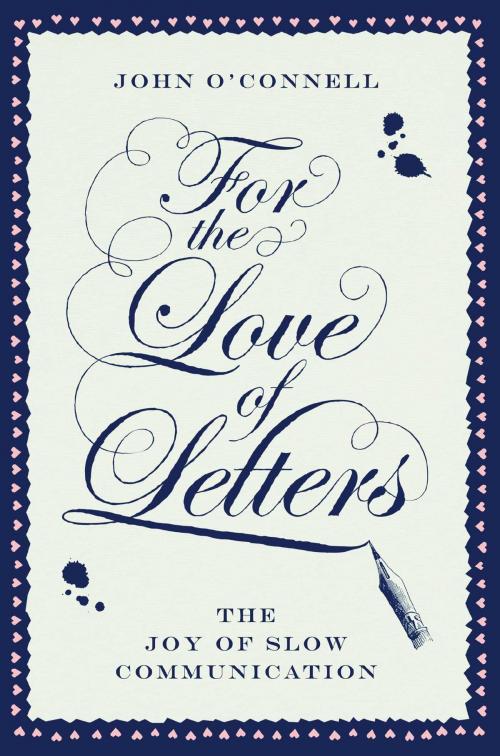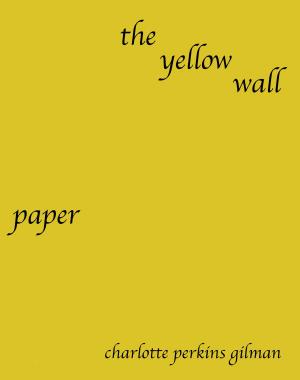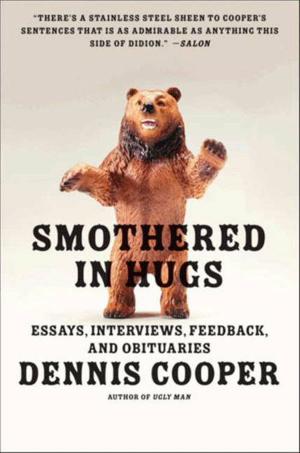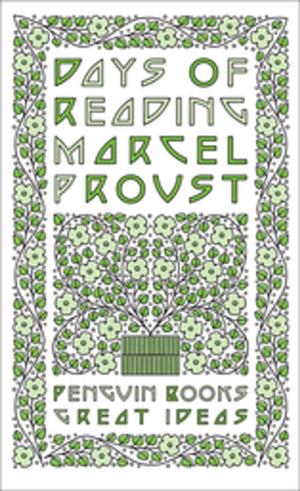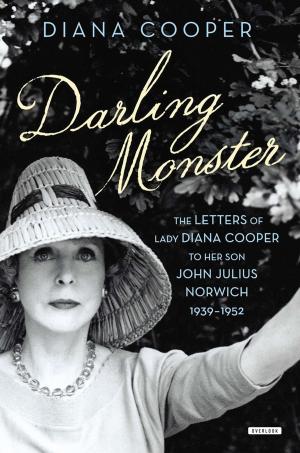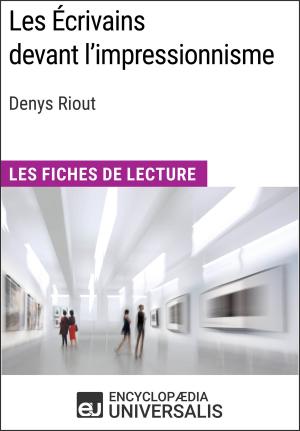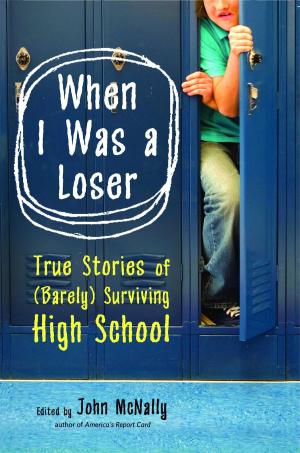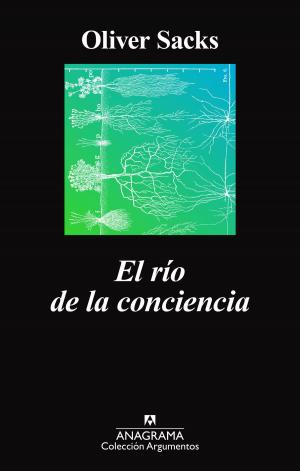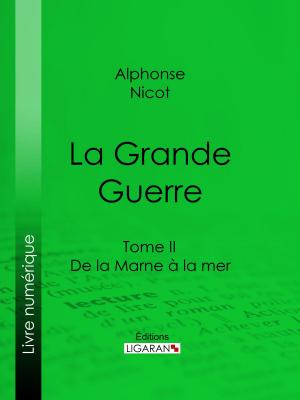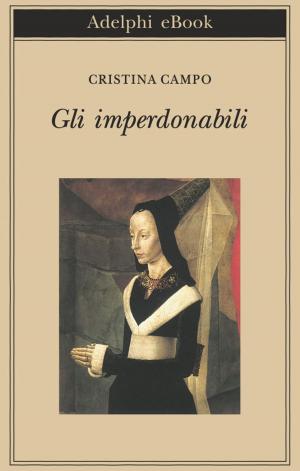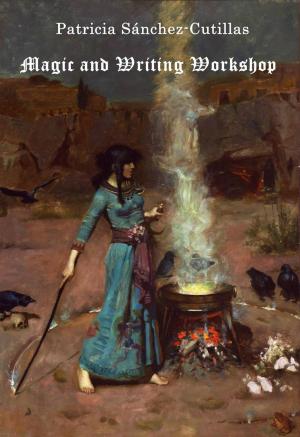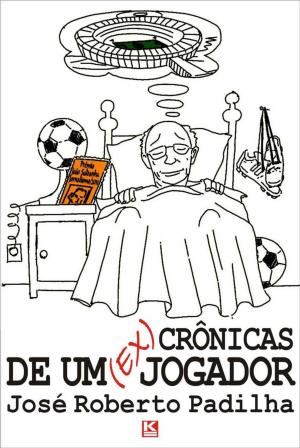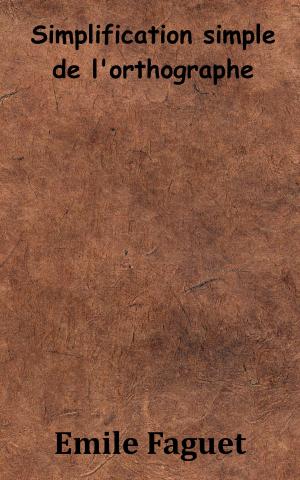For the Love of Letters
The Joy of Slow Communication
Nonfiction, Reference & Language, Language Arts, Communication, Fiction & Literature, Essays & Letters| Author: | John O'Connell | ISBN: | 9781476718811 |
| Publisher: | Atria Books/Marble Arch Press | Publication: | January 1, 2013 |
| Imprint: | Atria Books/Marble Arch Press | Language: | English |
| Author: | John O'Connell |
| ISBN: | 9781476718811 |
| Publisher: | Atria Books/Marble Arch Press |
| Publication: | January 1, 2013 |
| Imprint: | Atria Books/Marble Arch Press |
| Language: | English |
Remember letters? They were good, weren’t they? The thrill of receiving that battered envelope, all the better for the wait . . . In this richly entertaining book, paper geek John O’Connell puts forward a passionate case for the value of letter-writing in a distracted, technology-obsessed world. Drawing on great examples from the past, he shows that the best letters have much to teach us – Samuel Richardson’s ‘familiar letters’; Wilfred Owen’s outpourings to his mother; the sly observational charms of Jane Austen. And in doing so he reminds us of the kind of letters we would all write if we had the time – the perfect thank-you letter, a truly empathetic condolence letter, and of course the heartfelt declaration of love. Was there a Golden Age of Letters? Why is handwriting so important? Can we ever regain the hallowed slowness of the pre-Twitter era? In answering these questions O’Connell shows how a proper letter is an object to be cherished, its crafting an act of exposure which gives shape and meaning to the chaos of life.
***
‘The nib touches the paper. And instinctively I follow the old formula: address in top right-hand corner; date just beneath it on the left-hand side. My writing looks weird. I hand-write so infrequently these days that I’ve developed a graphic stammer - my brain’s way of registering its impatience and bemusement. What are you doing? Just send an email! I haven’t got all night . . .’
Remember letters? They were good, weren’t they? The thrill of receiving that battered envelope, all the better for the wait . . . In this richly entertaining book, paper geek John O’Connell puts forward a passionate case for the value of letter-writing in a distracted, technology-obsessed world. Drawing on great examples from the past, he shows that the best letters have much to teach us – Samuel Richardson’s ‘familiar letters’; Wilfred Owen’s outpourings to his mother; the sly observational charms of Jane Austen. And in doing so he reminds us of the kind of letters we would all write if we had the time – the perfect thank-you letter, a truly empathetic condolence letter, and of course the heartfelt declaration of love. Was there a Golden Age of Letters? Why is handwriting so important? Can we ever regain the hallowed slowness of the pre-Twitter era? In answering these questions O’Connell shows how a proper letter is an object to be cherished, its crafting an act of exposure which gives shape and meaning to the chaos of life.
***
‘The nib touches the paper. And instinctively I follow the old formula: address in top right-hand corner; date just beneath it on the left-hand side. My writing looks weird. I hand-write so infrequently these days that I’ve developed a graphic stammer - my brain’s way of registering its impatience and bemusement. What are you doing? Just send an email! I haven’t got all night . . .’
